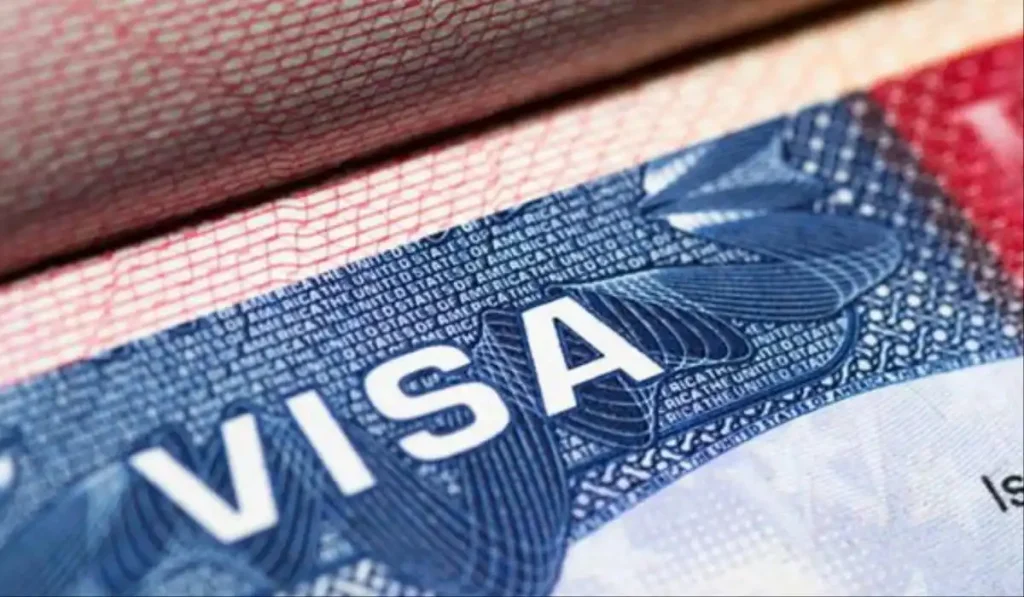The United States Embassy in Zimbabwe has announced a significant change to its operations, suspending routine visa services effective immediately.
This decision, driven by national security and public safety concerns, marks a notable shift in U.S. consular activities in the region.
The directive to pause these services originated from Washington, D.C., reflecting a broader reassessment of visa processing protocols in certain African nations.
While the suspension disrupts new visa applications, it does not affect Zimbabweans who currently hold valid U.S. visas, allowing them to continue their travel plans without interruption.
This move has raised questions among Zimbabwean citizens and international observers about the underlying reasons and the potential impact on diplomatic relations.
The embassy has not provided a specific timeline for when routine visa services might resume, leaving applicants in a state of uncertainty. For many Zimbabweans seeking to travel to the United States for work, study, or family reunification, this suspension represents a significant hurdle.
Broader Context of U.S. Visa Policy Changes
The suspension in Zimbabwe is part of a larger pattern of U.S. visa policy adjustments across Africa. In June, an internal U.S. State Department cable highlighted concerns about visa processing in several African countries.
The cable pointed to issues such as unreliable identity documents, inadequate passport security measures, and the refusal or reluctance of some nations to accept deported nationals. These challenges have prompted the U.S. to reevaluate its visa issuance processes to ensure compliance with stringent security standards.
Zimbabwe was listed alongside other African nations, including Kenya, Angola, Egypt, Ethiopia, Ivory Coast, and Nigeria, as countries facing potential visa restrictions.
The inclusion of these nations underscores the U.S. government’s focus on addressing perceived vulnerabilities in international travel and immigration systems.
While the specific issues in Zimbabwe were not detailed in public statements, the broader context suggests a combination of security and administrative concerns.
Travel Bans and Restrictions Across Africa
In addition to the visa service suspension in Zimbabwe, the U.S. has implemented stricter travel measures for several other African countries. In June, the U.S. imposed travel bans on Chad, Congo Republic, Equatorial Guinea, Eritrea, Libya, Somalia, and Sudan.
These bans reflect heightened scrutiny of travel from nations deemed to pose security risks or logistical challenges for U.S. immigration authorities.
Furthermore, the U.S. introduced heightened travel restrictions for Burundi, Sierra Leone, and Togo. These measures involve enhanced vetting processes and additional requirements for travelers, aimed at ensuring compliance with U.S. immigration and security protocols.
The combination of travel bans and visa restrictions signals a broader tightening of U.S. policy toward certain African nations, driven by concerns over national security and immigration enforcement.
Implications for Zimbabwe and Beyond
The suspension of routine visa services in Zimbabwe has far-reaching implications for individuals and families hoping to travel to the United States.
For students seeking educational opportunities, professionals pursuing work visas, or families aiming to reunite, the pause creates significant obstacles.
The lack of clarity on when services might resume adds to the frustration, as applicants are left to navigate alternative options or wait for further updates.
This development also raises questions about the diplomatic relationship between the U.S. and Zimbabwe. While the embassy’s statement emphasizes security concerns, the broader context of U.S. visa policy changes suggests a strategic approach to managing international travel and immigration.
For Zimbabweans, the suspension may feel like a setback in their efforts to engage with the global community through travel and opportunity.
As the situation evolves, stakeholders will be watching closely for updates from the U.S. Embassy and the State Department.
For now, Zimbabweans with valid U.S. visas can continue their travel plans, but new applicants face an uncertain wait.
The U.S. government’s focus on security and compliance underscores the complexities of global migration and diplomacy in an increasingly interconnected world.
Nigeria Issues Urgent Flood Alert for 19 States Amid Heavy Rainfall




















